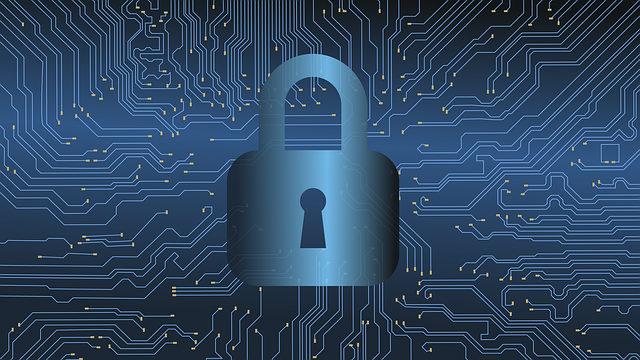Like oxygen, the internet is everywhere, and is vital to the corporate ecosystem. Put simply, the internet is the lifeblood of today’s enterprise organizations, and there is a universal reliance on it to power applications, browser-based actions, and e-mail that drive business-critical operations. While these channels are vital, they also serve as porous gateways that ‘invite’ cybersecurity threats.
Internet browsers, browser-based applications, and email are the primary attack vectors for ransomware, phishing, malware, cryptojacking schemes, drive-by downloads, and other cybersecurity threats. In most cases, users are unaware of the threats that ultimately propagate throughout the network, often wreaking havoc before being discovered. At that point, it’s too late.
Today, the battle against hackers and cybercriminals is being fought predominantly from a reactionary position. Enterprises deploy perimeter defense systems, such as firewalls, proxies, URL filtering, anti-virus, and other network and endpoint protection solutions. These are no match for sophisticated, often socially engineered schemes, which eventually find the path of least resistance.
Another Day, Another Security Breach
Every day we hear of new security breaches devastating businesses of all sizes. In 2017, we saw more breaches than ever before – 1,293 in total, compromising over 174 million records. This year we can expect to see the trend continue to rise.
In mid-April the city of Atlanta was hit by a ransomware attack that cost the city around $2.7 million. Additionally, Chili’s parent company, Brinker International, was affected by a data breach, resulting in customers’ credit and debit card information being compromised at restaurant locations between March and April.
While maybe not completely unavoidable, there are options that organizations have to help greatly prevent threats from presenting themselves.
Identity and Access Management Challenges
There are various methods and techniques to ensure the uniqueness of a user/device to access a specific environment or applications. Identity and access management (IAM) systems provide an important layer of security. However, in some cases, they can also add complexity and inconvenience for users, ultimately impacting productivity. For example, two-factor authentication is a strong security feature – yet a study was conducted gathering the access security priorities of 500 IT Security Managersin the US and UK and it showed multi-factor authentication solutions were not widely adopted because they are time-consuming.
Today, organizations are seeking centrally managed solutions that offer depth of security, yet minimize the impact on the end user and already stretched IT personnel and resources.
Browser Isolation, Security with Productivity in Mind
Remote Browser Isolation (RBI) technology offers a unique approach from most classic detect-and-block security offerings in that it executes the code of a webpage directly inside a secure virtual container – far away from the endpoint device and user. Websites are rendered by the virtual browser and streamed to user device browsers for a native and interactive web browsing experience.
Because all browsing occurs within disposable containers located outside of the network in a cloud or DMZ, potential malicious web code never actually reaches the operating system on the end user’s device. At the end of each browsing session or after a preset period of inactivity, the containers, including browsers and all website code, benign or malicious, are destroyed. They never penetrate the network or endpoint device.
RBI technology is centrally managed, so administrators can simply create policies and perform management tasks globally for all supported users. Further, it provides a seamless user experience, allowing users to utilize the browsers they are most comfortable with without noticing any latency.
As threats become more invasive and sophisticated, secure browser access through isolation technologies offers a breath of fresh air to today’s security-minded enterprises.
About the Author
Daniel Miller is the Director of Product Marketing at Ericom Software. He has more than 15 years of industry experience in corporate and product marketing, business development, and product management, supporting an array of technology services, hardware and software solutions—with a strong focus on cybersecurity in recent years. He frequently shares his insights on cybersecurity at industry conferences and podcasts, and regularly contributes articles to enterprise security publications. Daniel holds graduate degrees in Behavioral Sciences and Business Administration.

